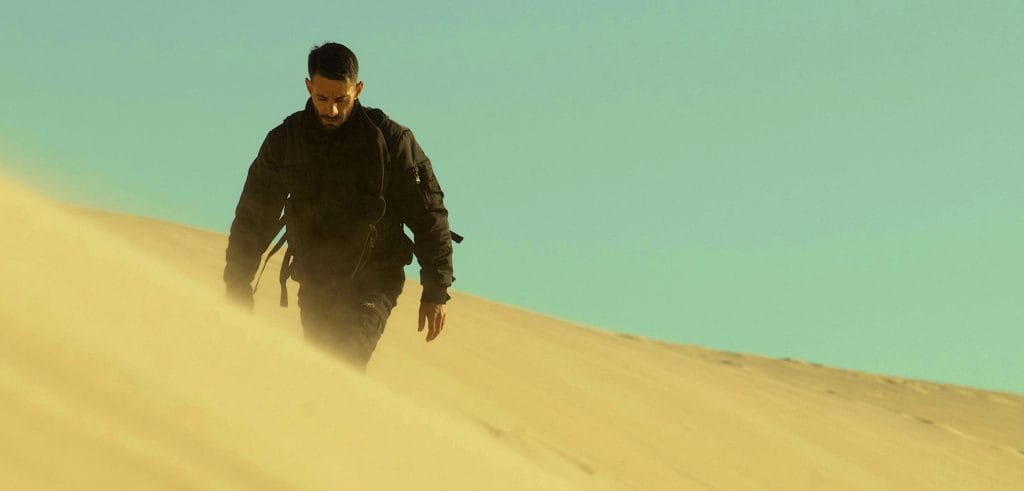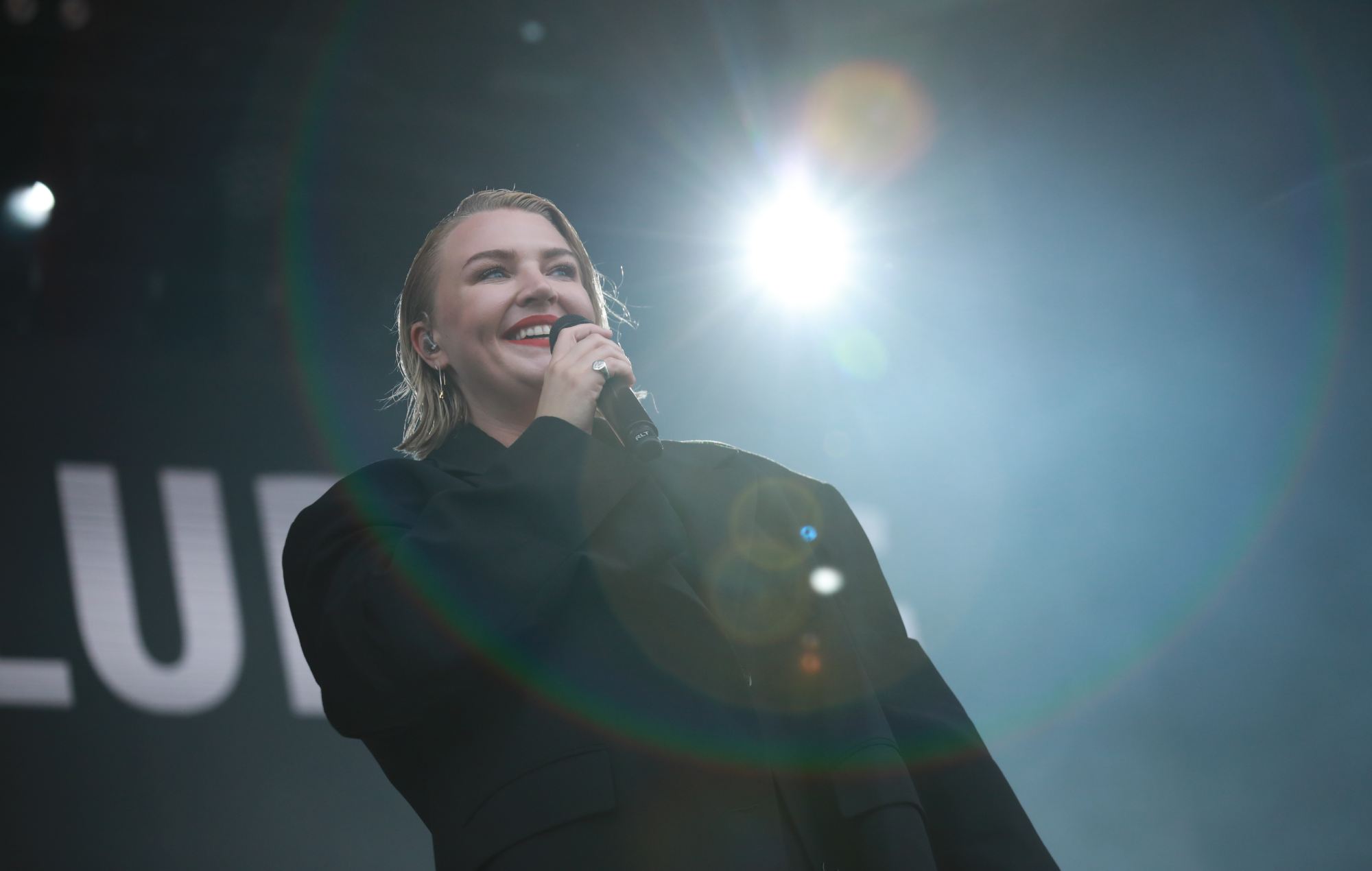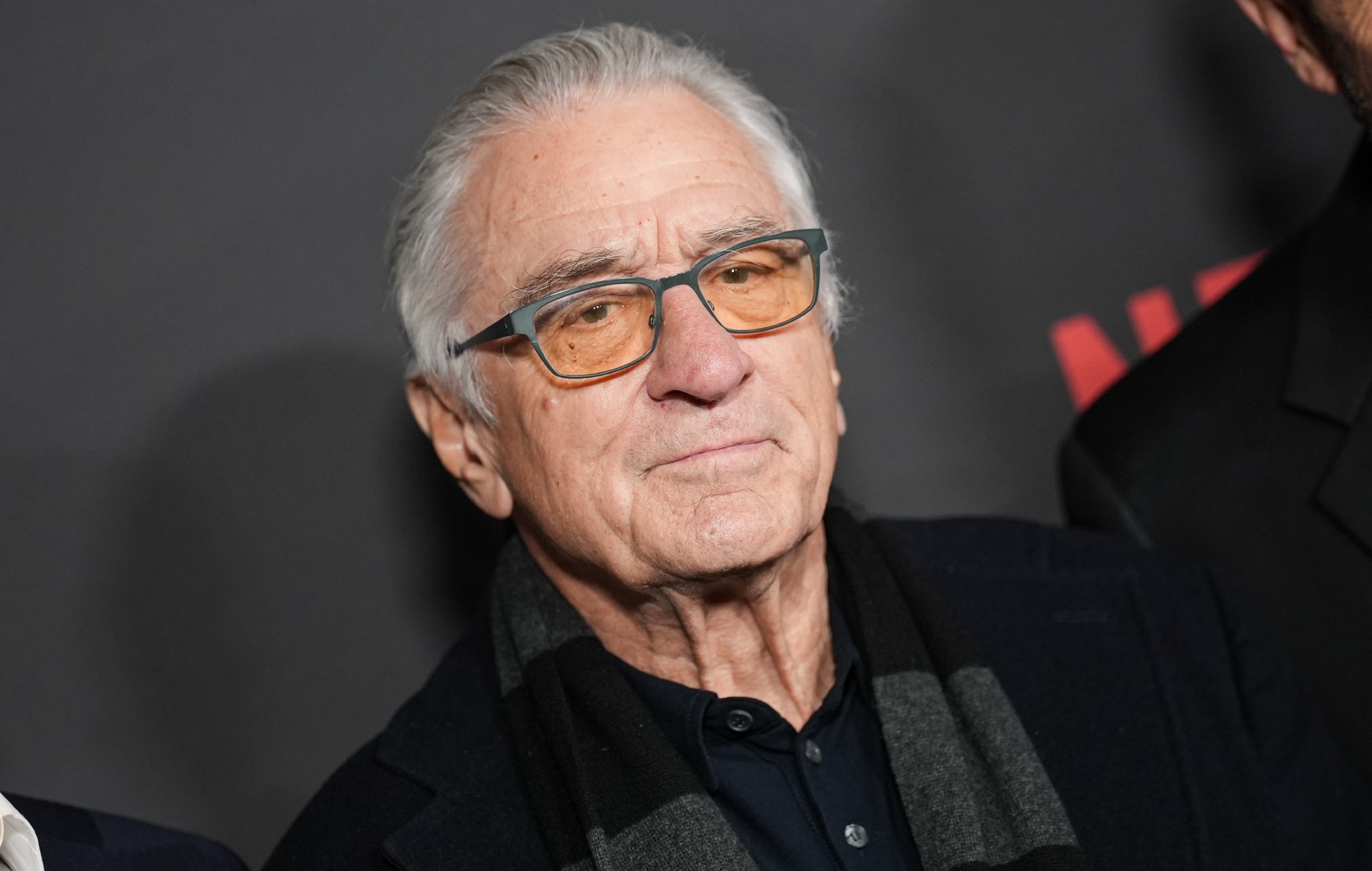There’s a difference between chasing what’s hot and building something that’ll outlast the moment. Awareness, the new album from The Alexsander, doesn’t play by the short-term rules. Out May 16th via his own Hypnotic Rhythm imprint, it feels like a body of work built for the long haul—layering techno, ancestral echoes, AI textures, and raw human emotion into something that doesn’t just fit the times, but questions them.
In this conversation, The Alexsander gets into the mindset behind it: how he dodges the trap of comparison, why real confidence comes from substance, and what it took to carve a lane that sounds bigger than whatever’s trending. You can feel it all over Awareness—a record that reflects where the culture’s at without getting swallowed by it.
If you’ve ever wrestled with the pressure to compete, copy, or catch up, this is a reminder that the most powerful thing you can build is your own lane. And that sometimes the real flex isn’t about getting louder—it’s about getting clearer.
Follow The Alexsander: Spotify I Soundcloud I Instagram
How do you manage comparison in such a public-facing industry?
Comparison can be a dangerous game if you’re not rooted in your own vision. I’ve learned to treat the industry less like a competition and more like a collaboration of unique voices. Instead of worrying about what others are doing, I put all my energy into developing a sound and message that feels authentic to me.
That mindset really guided the creative process behind my forthcoming album Awareness. I didn’t want to just make a record but wanted to create something conceptual and diverse. Each track explores a different shade of who I am as an artist, from leftfield ideas to more polished moments. Doing this, I felt less pressure to compare and when you focus on innovation and originality you can start to see your own lane.
Have you ever felt paralyzed by someone else’s success?
Not really, I’ve never seen success as a zero-sum game. Everyone has different starting points & different goals. For me, it’s more productive to look at where the industry has space for something new, and ask, How can I fill that?
That perspective helped shape Awareness, too. I took inspiration from current trends in melodic techno, but twisted them into something more personal. Instead of seeing popular styles as competition, I used them as markers & signposts of where we are in the culture right now then built tracks that felt like both a reflection and a disruption. It’s about honoring the moment, but still offering your own distinct voice. That’s where growth lives.
What helps you refocus when comparison creeps in?

I take it as a sign to zoom out and reconnect with my “why.” It’s easy to lose focus when you’re constantly exposed to everyone else’s highlight reels, but I find clarity when I realign with my personal mission.
That’s actually something I embedded deeply into Awareness. Some of the tracks mirror the current wave in melodic techno, but I made a point to inject my own touch, both in structure and emotion. I wasn’t trying to chase a trend but instead documenting a moment in time through my own lens. Creating from that headspace helped me transform comparison into curiosity. It’s not about “Why not me?” and more about “How can I elevate this in my own way?”
How do you build confidence without needing to compete?
Confidence comes from knowing your work has substance. Real layers & real thought. I’ve built mine over time by constantly evolving my sound and pushing creative boundaries.
That journey really crystallized while making Awareness. I treated the album like more than a collection of tracks and then it became a full-on experience, with conceptual alignment, storytelling, and even connections to ideas for causes I care about. When you’re creating from that kind of space, the need to compete fades away. You’re not just trying to impress, you’re trying to express. And that authenticity becomes your strength.

What’s one shift that helped you stop comparing and start creating?
The biggest shift for me was turning down the noise and turning up the inner voice. Once I stopped measuring myself against others, I started trusting my own vision more and the work flowed better because of it.
Awareness came out of that mindset. I wanted to bridge current popular sounds with my own aesthetic, and craft something that would age well, a timeless capsule of this era, but through my lens. Even with outside influences, I stayed grounded in my own identity. That shift from comparison to creation was musical. And it gave me space to create something that felt bigger than trends.
When has comparison been useful, if ever?
The only time I find comparison useful is when it helps someone understand where my sound lives in the broader ecosystem, like giving context, not judgment. Outside of that, comparison often does more harm than good. It can stifle your creativity and distort your path.
That’s why I made a point with Awareness to create something that felt both current and independent of hype. I wanted it to be a timeless piece in my discography & one that speaks to this cultural moment but doesn’t get lost in it. Letting go of comparison allowed me to lean into purpose instead of performance, and that shift made the art more meaningful.
How do you stay inspired without falling into imitation?
Staying inspired comes from staying curious. I constantly seek new inputs—different art forms, environments, conversations, even silence. That diversity of experience sparks ideas without leading me to mimic anyone.
With Awareness, I approached each track like an experiment—some came from happy accidents, others from deep reflection. It was a domino effect: one authentic idea would spark the next. Playfulness led to originality, and mistakes turned into moments of genius. That’s how I know it’s real, because it didn’t come from imitation.
The post How Comparison Almost Kills Creativity (And How The Alexsander Avoids It) appeared first on Magnetic Magazine.



